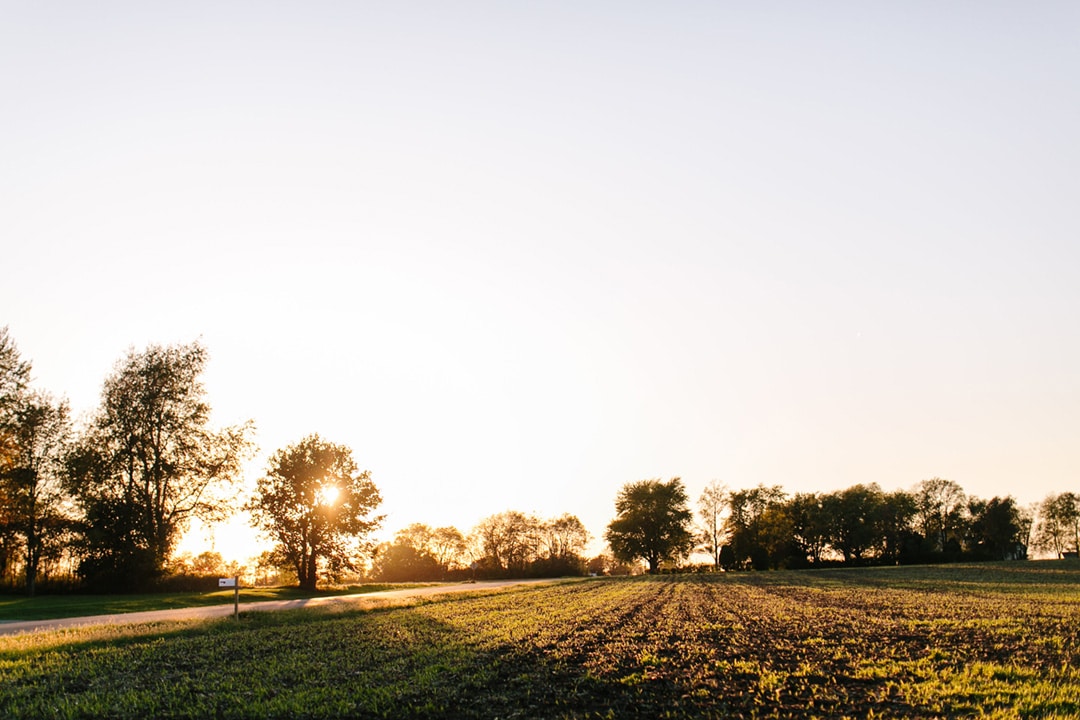Burnout is a real thing for academics. I know you know this. What you might not know is exactly what pre-burnout looks like, and what to do to if you feel that you are experiencing pre-burnout right now. I think it might be helpful to hear how I got to academic pre-burnout, and what I’m doing about it right now.
So, I’ve had a bit of a year. Exactly a year ago today my university was in the middle of a student strike that lasted over two months. It was a trying time for everyone. We didn’t know what to expect from day to day.
The public sentiment against the students, who were fighting against deep budget cuts that would potentially collapse the university, revealed a deeper misunderstanding and indifference to public higher education in general. It made everyone–students, professors–question what exactly we were doing at the University of Puerto Rico, for whom, and why.
When the strike ended we had to finish the semester. We did that in the middle of the summer. Then we started right up again in August, with the budget cuts still looming, on pins and needles everyday, nothing resolved. It was a volatile environment.
And then Hurricane Maria hit on September 20, 2017. Typing it makes me well up because it still is both painful and also oddly beautiful to think of those days. So much destruction and suffering, but also so much community togetherness. In my family we spent a week clearing our road so that we could get out. It was amazing to be together like that, with a common mission (and no internet!), but it was painful to know that our neighbors and countless others had lost their homes, and that my parents and sister were watching from afar and I couldn’t communicate with them that we were ok.
Our university, in Mayagüez, re-opened about a month later. Then there was the struggle of teaching and learning without consistent power, where getting food and water was a daily struggle, with a library that had been destroyed and students who had lost their homes.
It was hard to finish that semester, which we did at the end of January (with just a few days of winter break). But somehow finishing this semester has been even harder.
Things are much, much more stable. Though the library is still closed, power is stable, grocery stores are full, and life in the community surrounding the university in Mayagüez is “normal.”
But we are exhausted. I am exhausted. And we still have a week of classes, then finals.
What to do?
How to recognize signs of pre-burnout
I recognize that I am about to burn out. I say about to because my body has been giving me signals that I need to slow waaaaaay down and make some changes. Here are the signals, to see if they resonate:
- I feel exhausted from the moment I wake up to the moment I go to bed. My normal burst of morning energy is fleeting.
- I feel mentally foggy. I can’t find the words for things immediately.
- I feel on the verge of tears (more than usual!).
Ideas for avoiding burnout and recovering from pre-burnout
Here’s what I’m doing to make it through the end of the semester and into the summer without actually burning out.
- I am sitting down. I am resting. I am not doing anything “extra.” I am trying to nap when the toddler naps and the big kids are helping with that (yes, kids’ school is out, but we’re not!).
- I am going to bed when the kids go to bed.
- I joined a gym (with child care!!!) so that I can move my body without having to worry about the kids. I am being gentle to myself at the gym, but I am moving.
- I am getting help. Mom arrives on Sunday!
- I’m planning out my summer to recover from this year, rather than to “get ahead.”
Here’s what my avoid-burnout-recovery-summer looks like:
- The kids are going to day camp in June.
- For the month of June I have pledged to spend three days a week writing during my tiger time (about 8:30-10:30), and then decide whether I’ll do any additional writing or work for the rest of the day.
- I will spend one day per week on household/family things that I have been putting off (car oil change, renewing car registration).
- I will spend one day per week doing whatever I want to restore myself. This could be writing more, reading a novel, walking on the beach, or having coffee with a friend.
- I’ve applied for a residential fellowship in July. It will get me physically away for a while, with access to a library, and will restore me a little, I hope.
- In August, I’m joining four amazing academic woman at a beach house here in PR for an academic writing retreat that I’m hosting. I am so, so excited about this (there is one spot left–email me at cathy@cathymazak.com if you want it!).
I hope that hearing this story of pre-burnout and how I plan to deal with it helps you. If you need permission to slow down this summer, I am giving you that permission. It is always better to pull way back on the number of things that you plan to do and actually do them, than to have pie-in-the-sky plans and get to the end of the summer feeling like you’ve “done nothing” and are still exhausted.
It's always better to pull back on the number of things that you plan to do and actually do them, than to have pie-in-the-sky plans and get to the end of the summer feeling like you've 'done nothing.'Click To TweetI’m am sending hugs to all of you who have experienced burnout, exhaustion, and just all-around academic tiredness.
Take good, good care,
Cathy






